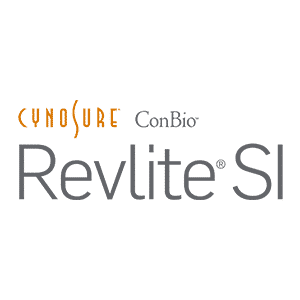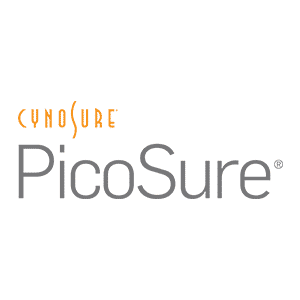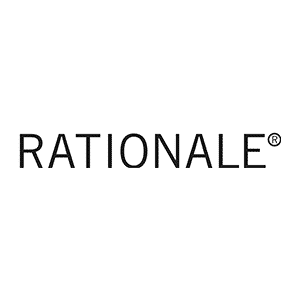Men are showing an increased interest in skincare and it is estimated the skincare market for men is increasing by about 10% per year.
Male facial skin is typically thicker than female skin and less likely to be sensitive to skin care products. Skincare in men is also usually a simple routine since men typically don’t wear make up and generally fragrance free or minimal scented products are preferred. For good compliance and hence better results skincare regimes in men need to be kept simple with only one or two steps and at the most three.
The use of multipurpose products such as combined moisturiser and sun block or a moisturiser containing cosmeceuticals can help with simplicity.
The Top 5 Key areas for male skincare to consider are:
1. Cleansing:
Daily cleansing in men needs to be gentle. It is important to limit shower time and use warm rather than hot water as hot water and long showers remove oils from the skin. Whilst many men prefer bar soaps these do tend to strip the oil from your skin resulting in dry skin so liquid cleansers are a better choice. After washing your face gently pat your skin dry rather than rubbing aggressively.
2. Shaving:
Choice of razor is more critical than products. Electric razors are less likely to irritate. If using a blade, use a single or double bladed razor rather than multiblade. Shaving in direction of hair growth rather than against the grain reduces irritation. If tendency for shaving irritation use a shaving cream with Aloe Vera and leave it on for a minute before shaving. Pre-shaving oil applied several minutes before shaving can help soften hairs. If there is a tendency to razor burn or razor lumps caused by ingrown hairs use a shaving cream containing glycolic or salicylic acid and avoid very close shave. Avoid after shave lotions and toners containing alcohol as they will cause dryness.
. Moisturiser:
Moisturisers are important for all men as male skin has greater transepidermal water loss than in women. The choice of moisturiser will vary with skin type. In oily skin types use oil absorbing (mattifying) formulation whereas in drier skin types use a lipid based formulation. Generally for dry skin use a cream, for normal skin use a lotion and for oily skin use a gel. If have acne consider a moisturiser containing glycolic or salicylic acid to help exfoliate and avoid pores clogging.
4. Sunscreen:
Incorporate a broad spectrum sunscreen with a sun protection factor (SPF) of at least 30. It is important to remember that any where the hair is thin also needs sun protection including bald spots and receding hair lines. If you’re out in the sun and not wearing a hat consider a spray on sunscreen rather than lotion on your head. Some hair gel and mousses now come with SPF protection.
5. Cosmeceuticals:
Cosmeceuticals are topical cosmetic/pharmaceutical hybrids intended to enhance skin health and appearance through ingredients that influence the skins biological function.
Formulations containing ingredients such as alpha hydroxy acids, retinoids, antioxidants, peptides or botanicals can be used to help reverse ultraviolet related damage.
For optimal result from cosmeceuticals, assessment by a dermal clinician is recommend to assess skin type and degree of skin damage and then personalize a specific skincare regimen.













